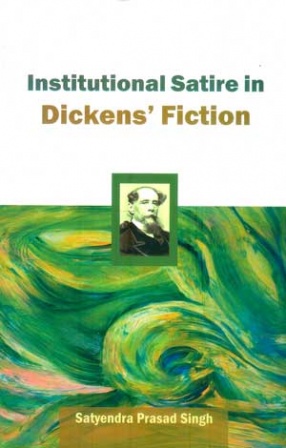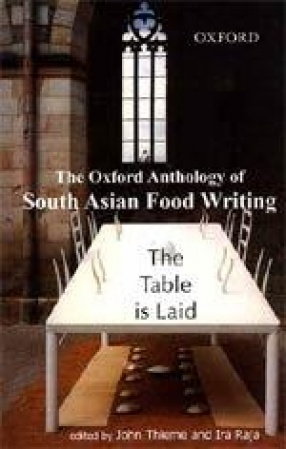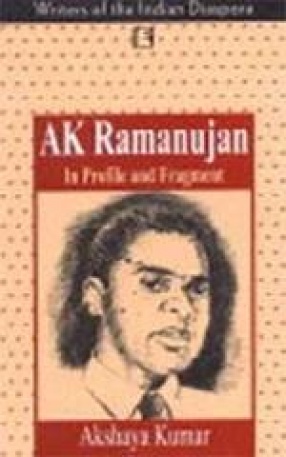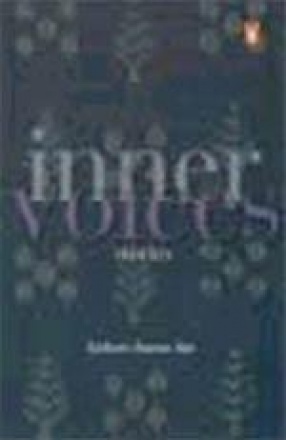Dickens captured the popular imagination as no other novelist had done, and notwithstanding some murmurs against his sentimentality, sensationalism and his inclination to portray women as innocents or grotesques, he was held in high critical esteem. Modern critics have tended to praise the complexity of his late somber works, rather than the high spirited humors and genius for caricature, traditionally called ‘Dickensian’.
The sensitive human and social consciousness of Dickens aesthetically responded to the most odious and absurd in despotism or in oligarchy by placing human action within the historicized co-text. The constant meditation between the two disrupts the illusion of Victorian stability and unfolds a satiric vision. It holds up a mirror to our social conscience and a critique of the past.
Dickens satrises incompetent English administration and corrupt system of justice of Victorian England. He holds the protestant view that nothing interfered more with true religion than the contemporary fetishism of ‘Rituals, Liturgies, and Hierarchies’. He opposes parliamentary democracy in England as a complicated and extravagant ceremony. He underlines that love, not business, is the basis of human relationship. He attacks institutions that stunt imagination and exposes cruelty, inefficiency, profitability and pain of the education system.
This book intends to examine and analyse the ideological apparatus that causes so much of human suffering and to read Dickens in the tradition which began with Archilocus and shaped its contemporary form. It is a through study of institutions that have become corrupted, inefficient, cruel and immoral. The particular terms have been defined and described in detail.
Some of the novels of Dickens like David Copperfield, Olive Twist, Bleak House, Great Expectations, Hard Times, Dombey and son, etc. are widely prescribed in Indian universities. The book throws light on the key themes of these novels. It will be useful to the students of English Literature. It will also help researchers on Dickens as it includes substantial research material and critical analysis.





There are no reviews yet.